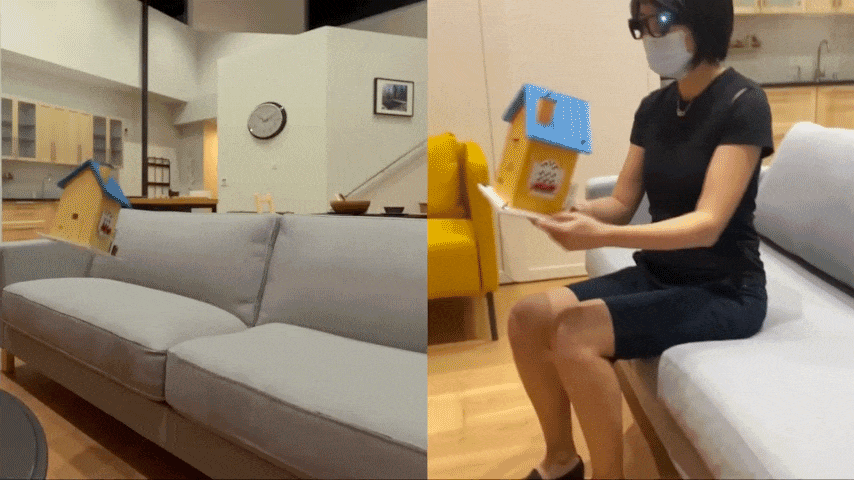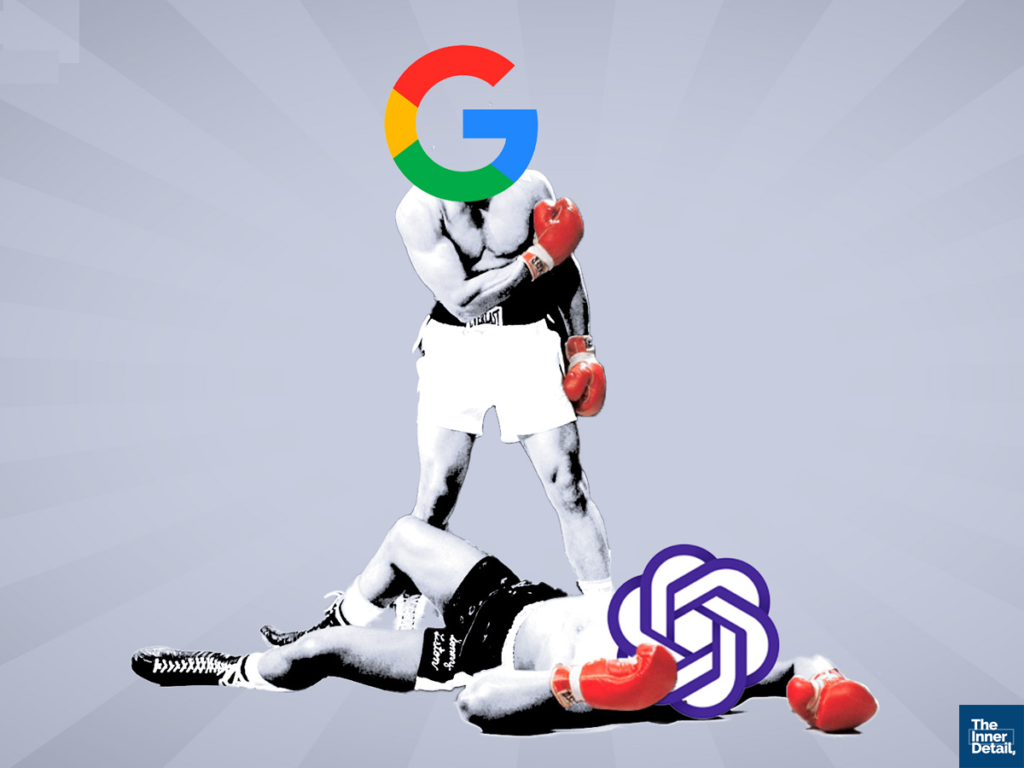Meta is rebranding the avatars with Codec Avatars to let users create life-like face models with Smartphones.
Meta, formerly known as Facebook, is optimistic about and had already dived into ‘metaverse’ for rendering a virtual world, that could possibly be the next generation’s social media and gathering, the firm anticipates. Meta’s move towards metaverse had started with acquiring Oculus in 2014, which develops VR headsets for games. Since then, Meta is pushing people to be accustomed with virtual-world and avatars throughout its apps.
Though its avatars look like a toy or doll, it improves them with these codec avatars, which may be available anytime soon.
Codec Avatars

Meta first showed off its life-like Codec Avatars in 2019, which was rendered in real-time and reacted to real-world objects. The Codec avatars captures a person’s face likely as videos used to do, adding intricate details of eyes, facial expressions, hairstyles and appearance.
Meta used high-tech hardware for simulating the avatars and its hair, skin which could eventually react to different lighting conditions and environment and how it worked on interactive clothing.
In a move to collaborate people virtually, the Codec avatars seeks to fetch human-like models realistic enough just as a video call. The software uses 3D capturing technology and AI systems to produce codec avatars for using it in VR devices or any online platforms where it is necessary.
Facebook Reality Labs
Meta set up a lab called Facebook Reality Labs (FRL) in Pittsburgh, where engineers are developing a system that would let people create their own photorealistic avatars. The labs consist of studios, where they captured a person’s face, look, body and everything around him, and render it in a 3D-form. Meta used hundreds of high-resolution cameras for this in the studios, with each camera capturing data at a rate of 1GB per second.

The processing capacity is so huge, that “a laptop with 512 GB disk space will survive only for three seconds of recording before running out of space,” says a researcher. One of the labs has 1,700 microphones, enabling the reconstruction of sound fields in 3D for truly immersive audio.
Meta’s FRL is not only for creating avatars but also for rendering 3D objects in real-time, and processing them equivalent to that of developing games. It’s exciting to see that Meta’s goal is to let us render ourselves with graphics matching the cutting-edge video gaming engines’ capability.
Related Posts
Creating Avatars with Smartphones
In what way it might be widely reachable to people, if it’s not feasible with smartphones? Meta, thus, plans for an app that would allow people to create 3D avatars with just a smartphone. With technology advancements in smartphones like LiDAR depth sensors in iPhone, Meta thinks it will be possible to create 3D models in smartphones in the near future.
Users may have to pan the camera across the neutral face with different facial expressions as much as 60 to 70 in numbers. Say for example, raising the eyebrows, widening the eyes, opening your mouth, awe-moment, twisting your eyebrows, and all creepy reactions.
For the processing aspect of 3D models, Meta plans to use AI machine with four high-end GPUs for depicting the avatar in full detail. The AI might use cloud GPU for the process, as GPU in smartphones might not be sufficient for developing them.
Meta’s Codec Avatars is not yet available to the public and the firm had no statement regarding date of launch, as it’s still in the research phase.
With this on the table, Meta’s virtual metaverse might seem convincing enough to experience probably. But would you expect to spend more time on metaverse than reality?
Hope you find the page useful!
(For more such interesting informational, technology and innovation stuffs, keep reading The Inner Detail).





